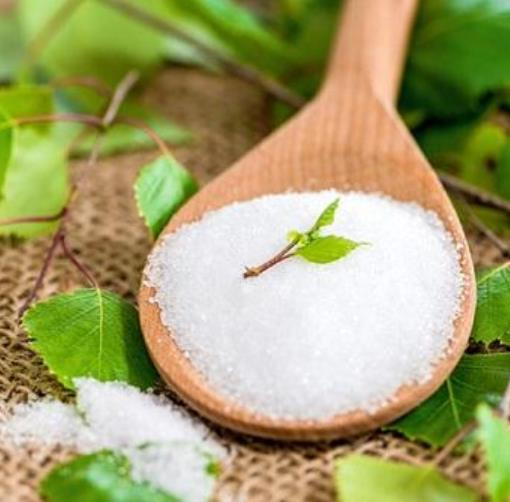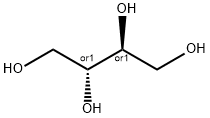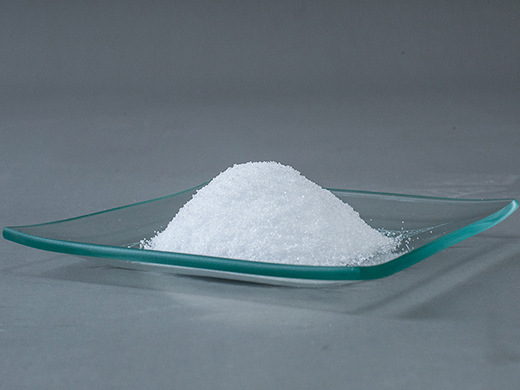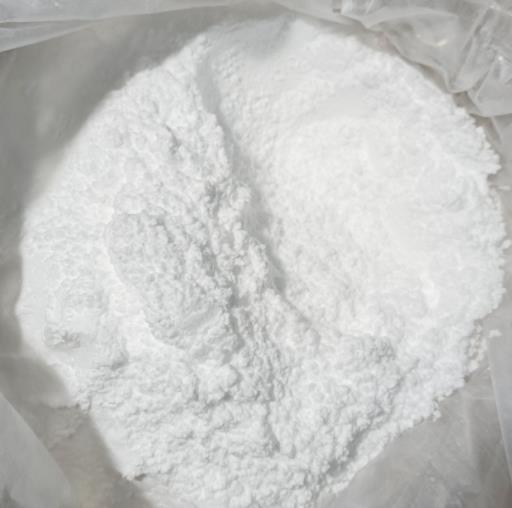Erythritol: A Closer Look at the Sweet Polyol
Erythritol is 60–70% as sweet as table sugar. However, erythritol is almost completely noncaloric and does not affect blood sugar or cause tooth decay. Japanese companies pioneered the commercial development of erythritol as a sweetener in the 1990s.

Properties
Erythritol's chemical properties are similar to those of other polyols in that it has no reducing end groups and thus has excellent heat and acid stability. It differs in having a low solubility (37% ww at 25 °C), a property that among these simple polyols it shares with mannitol and isomalt. The heat of solution is very low (− 181 J g− 1), a property shared with xylitol. However, compared with the group of polyols presently used as sugar replacers, erythritol has the lowest molecular weight (122), which of course provides different properties, such as higher osmotic pressure and lower water activity in solution. It has also a high freezing point depression and boiling point elevation.
Compared with sucrose, erythritol has a sweetness value of 60–70%. It has a clean, sweet taste, similar to sucrose, and a strong cooling effect and shows many synergies with intense sweeteners.1
Uses
Since 1990, erythritol has had a history of safe use as a sweetener and flavor-enhancer in food and beverage products and is approved for use by government regulatory agencies in more than 60 countries.
Beverage categories for its use are coffee and tea, liquid dietary supplements, juice blends, soft drinks, and flavored water product variations, with foods including confections, biscuits and cookies, tabletop sweeteners, and sugar-free chewing gum.The mild sweetness of erythritol allows for a volume-for-volume replacement of sugar, whereas sweeter sugar substitutes need fillers that result in a noticeably different texture in baked products.2
1.A. Rapaille, J. Goosens, M. Heume,Sugar Alcohols☆,Encyclopedia of Food and Health,Academic Press,2016,Pages 211-216.
2.Regnat K, Mach RL, Mach-Aigner AR (January 2018). "Erythritol as sweetener-wherefrom and whereto?". Applied Microbiology and Biotechnology. 102 (2): 587–595.
References:
[1] K. REGNAT A R M A R L Mach. Erythritol as sweetener—wherefrom and whereto?[J]. Applied Microbiology and Biotechnology, 2017, 102 2. DOI:10.1007/s00253-017-8654-1.You may like
Related articles And Qustion
Lastest Price from Erythritol manufacturers

US $1.10/g2025-09-17
- CAS:
- 149-32-6
- Min. Order:
- 1g
- Purity:
- 99.9%
- Supply Ability:
- 100 Tons Min

US $5.00-0.50/KG2025-05-07
- CAS:
- 149-32-6
- Min. Order:
- 1KG
- Purity:
- 99% hplc
- Supply Ability:
- 500TONS



